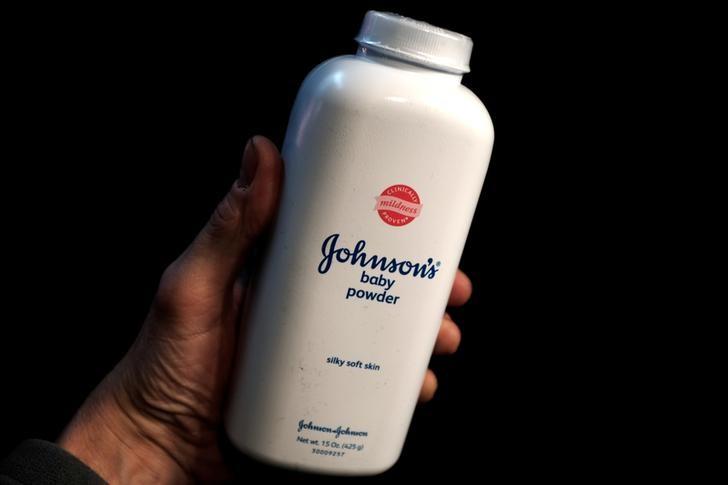A report from Reuters on Dec. 14 accuses pharmaceutical company Johnson & Johnson (J&J) of knowing about the presence of cancer-causing asbestos in its popular baby powder—for decades.
After the publication of the bombshell report, the company’s stock dropped by more than 10 percent on Dec. 14. Shares went from $144.35 at 9:30 a.m. and dropped to about $132.80 as of 4 p.m. CNBC reported the firm lost about $39.8 billion in market value.





